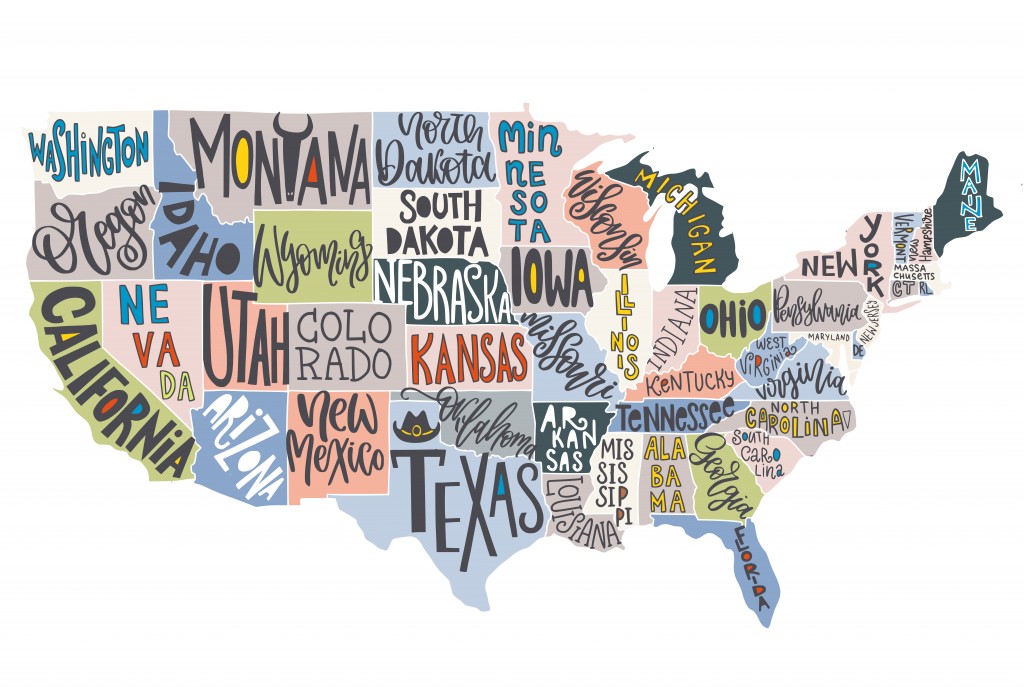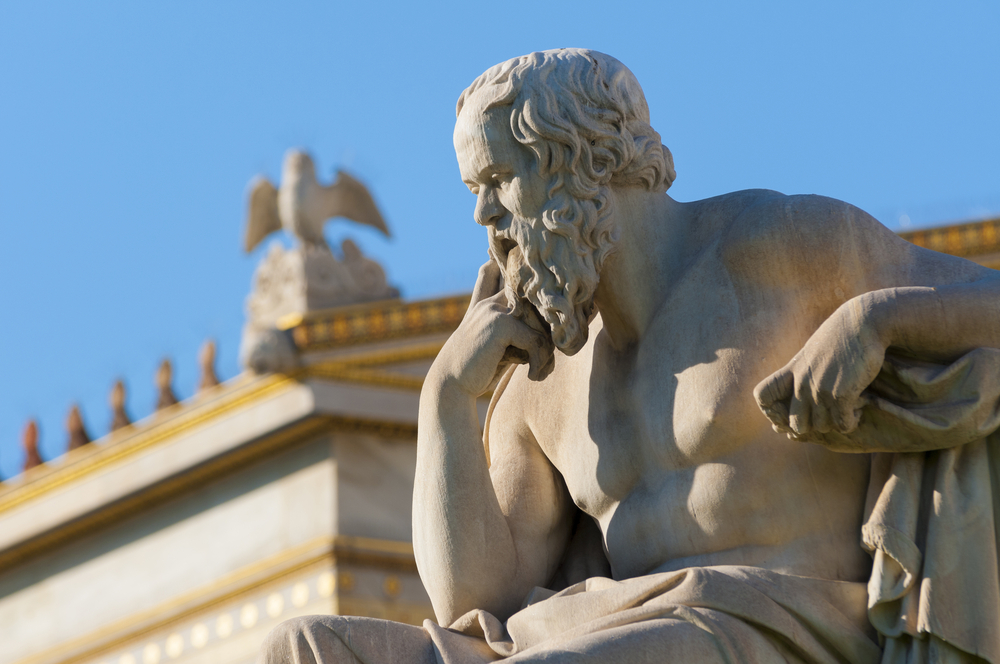A democracy is a form of government in which the people have the authority to choose their governing officials. A republic is a form of government in which a group of people (the electorate) choose representatives to govern on their behalf.
“A democracy is as really a republic as an oak a tree or a temple a building” – John Adams (2nd US President)
The fate of a nation rests in the hands of its rulers, or as we know it today, “the government”. There are different ways to form a government, each having its own merits and demerits. Early civilizations were primarily ruled under monarchy or anarchy, which simply means the rule of a single person or his family, without the intervention of anyone else.
However, people soon realised that this was not best for them and thus emerged Democracy and Republic, the two most popular forms of governance today that directly involve the citizens. That being said, what most people don’t realise is that these two are quite different, and understanding these differences is very important to guide the decisions we make and the beliefs we hold. This article tries to explain the difference between these two common forms in a clear way.
What Is Democracy In Its Purest Form?
People generally confuse the concept of a democratic government with pure democracy. This may come as a surprise to many, but the United States of America is not a “pure” democracy.
A pure democracy is one where all the citizens of a country take part in the process of making the laws that govern their nation. All these citizens have equal voting rights and thereby equal representation at the national level. In a true or direct democracy, the law-making power rests in the hands of the countrymen. The general public must mandate any constitutional change, big or small that affects the democracy in any manner.
The best example for understanding the concept of direct democracy is Switzerland. The democratic roots of this country trace back to 1874 when its federal constitution was entirely revamped. As of today, any constitutional amendment requires a mandatory referendum, which simply translates to public voting. Apart from that, people can demand changes to the constitution by launching a popular initiative. Any Swiss citizen who is eligible to vote can sign on a popular initiative, and a group of seven citizens or more (the initiative committee) can launch their own popular initiative.
Also Read: What Are The Different Types Of Democracy?
What Is The Concept Behind A Republic?
The republican system of governance can look quite similar to the democratic style, but there is a very fine line between the two. A republican government is one where the nation is considered as a “public matter” and not the private property of a singular ruler or family. In a republic, the citizens of the country vote to elect representatives who take part in the proceedings of the government and pass various laws.
The United States is an example of a republic. The country is divided into different federal constituencies (states), such as California, Arizona etc. and each of these holds separate elections to elect leaders representing their state. Most of the representatives are affiliated to some political party, and the party with the most elected representatives forms the government.

What Are The Major Differences Between The Democracy And Republic?
Consider a country with a population of ten thousand. Out of these, 8,000 people belong to group A, while the remaining 2,000 belong to group B. If the country hosts a purely democratic government, Group A will always have the upper hand in the formulation of policies, solely on the grounds of having more representatives or voters in the general elections.
In the case of a republican government, power again resides in the hands of these 10,000 people, but in a more indirect or proportionate manner. The population of the country is divided into smaller units where voting takes place, and a representative is elected from each of these units. These representatives go on to form the government and take control of the administration. Therefore, the population has an indirect say in the formulation of policies and the dominance of the majority is minimised. In most republics, there are reserved seats for representatives of the minority.
Another major difference lies in the constitution. A pure democracy has no defined constitution, and the laws are formulated by the elected representative. In a republic, the constitution has the final say in each and everything. There are laws specific to the rights of the citizens and any change to the constitution is verified so as to not adversely affect the minorities. The constitution, in a manner, protects the rights of all people from the will of the majority.
Why Did Socrates Hate Democracy?
Greek Philosopher Socrates, also known as the father of philosophy, was not a big fan of democracy. Having watched the idea develop from its very roots (ancient Greece is the first known Kingdom to introduce the concept of democracy), Socrates called democracy Mob rule.

Socrates tried to explain his stand during a conversation with his friend Adeimantus: Consider yourself going on a sea expedition with a group of people. You are asked to choose a leader who will be in charge of the ship. Who will you choose? Just anyone or people educated in the rules and demands of sea travel? The latter was the obvious answer. If so, why do we think that any individual is fit to decide the ruler of a country?
The point that Socrates was trying to bring to our attention is that voting is a skill and not a random intuition. It needs to be taught to the people systematically, and only those who are well versed in the art should be allowed to vote. Allowing an un-educated citizen to vote is equivalent to handing over the command of a ship to someone who does not know anything about sailing.
Also Read: Do Animals Use Democracy?
Are There Any Flaws With A Republic?
“Too many cooks spoil the broth” is precisely what happens in a republic, in some cases. Once the voting process is complete, too many people are involved in the decision-making process, rendering it slow and ineffective. The amendments must be checked several times based on constitutional laws, which requires time and resources. This can be problematic if the issue requires swift action.
In terms of resources, republican elections are the costliest and also take several days to proceed. Let’s take the example of the Republic of India. The 2019 Indian parliamentary elections started on April 11 and were completed by May 2019 costing a total of 7 $billion. The 29 states into which India is divided hold separate elections for the state government and their cost is un-accounted for but thought to be way more than the number mentioned earlier.
A Final Word
Despite the common use of the word “democracy”, most countries in the world today govern as republics. However, republics also differ widely. Some operate under a presidential system, where the people directly or nearly-directly elect a president who is the head of the government and the others operate as a parliamentary system, where the people elect a legislature who decides the executive branch.
How well do you understand the article above!

